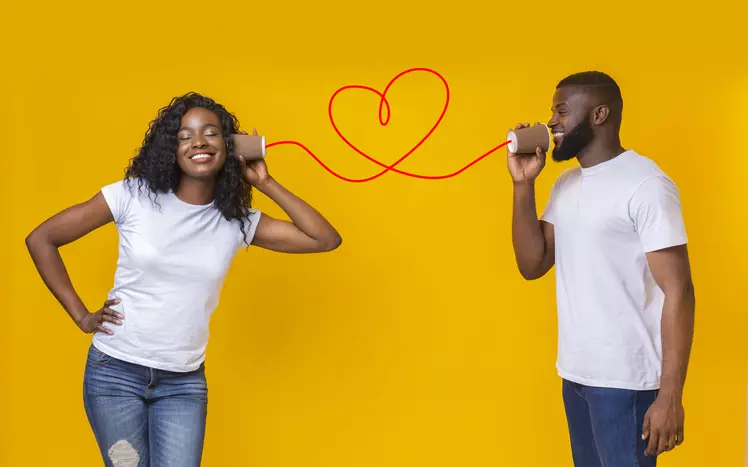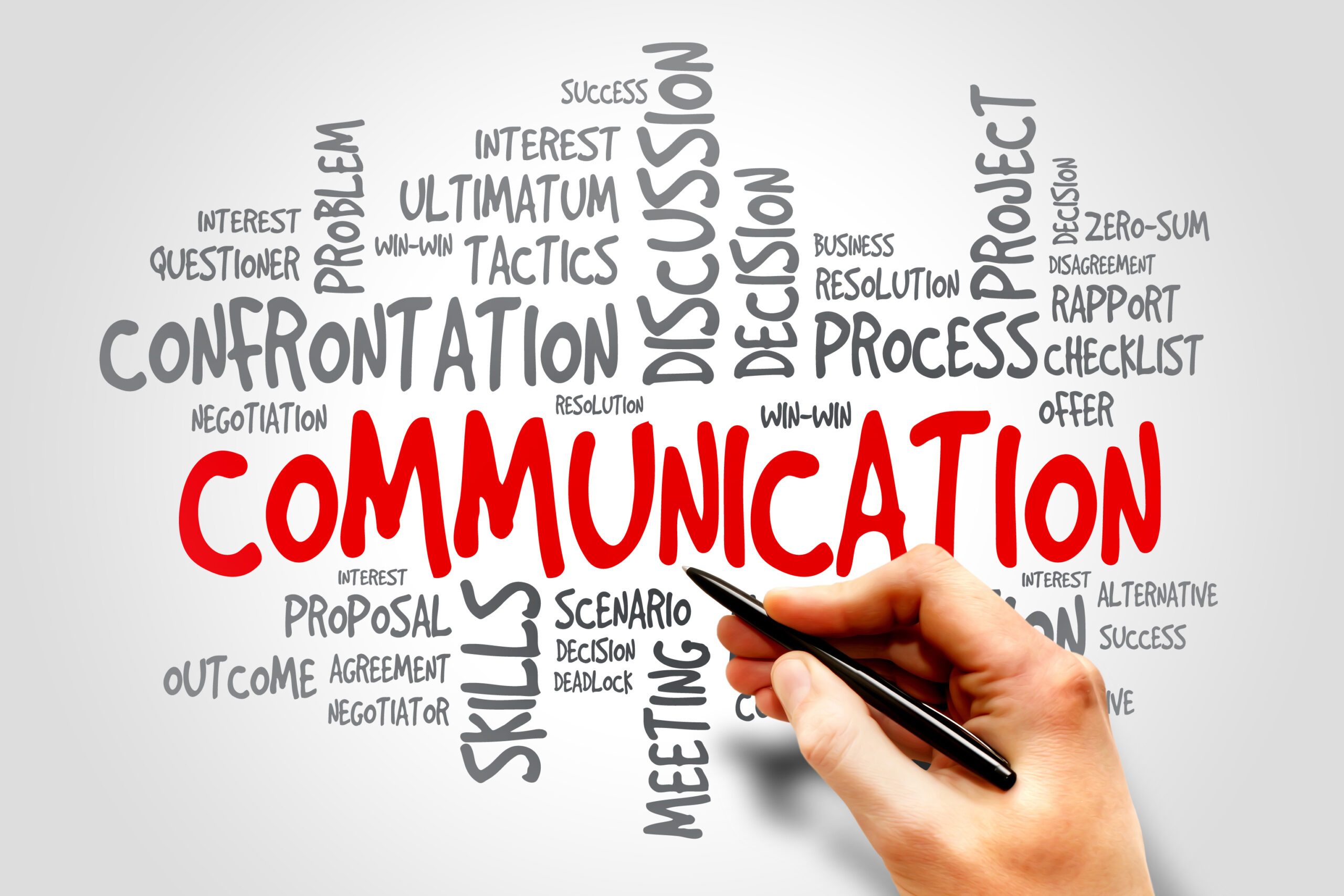Improving communication skills in relationships
In the realm of emotional intelligence, effective communication skills serve as a cornerstone for fostering healthy and fulfilling relationships. Whether in personal or professional contexts, the ability to communicate with empathy, clarity, and understanding plays a pivotal role in nurturing connection and resolving conflicts. In this blog, we’ll delve into practical strategies and techniques for improving communication skills in relationships to enhance emotional intelligence and cultivate deeper connections.
Understanding the Importance of Communication Skills for Emotional Intelligence
Effective communication skills are essential for several reasons:
- Fostering Understanding: Clear and empathetic communication promotes understanding and mutual respect in relationships, enhancing emotional intelligence by acknowledging and validating others’ feelings.
- Building Trust and Connection: Open and honest communication builds trust and strengthens the bonds between individuals, facilitating emotional connection and intimacy.
- Resolving Conflicts: Strong communication skills enable individuals to navigate conflicts constructively, addressing issues with empathy and respect rather than escalating tensions.

Strategies for Improving Communication Skills in Relationships
- Practice Active Listening:
- Focus on listening attentively to understand the speaker’s perspective without interrupting or formulating a response. Validate their feelings and summarize their points to demonstrate understanding.
- Express Empathy and Understanding:
- Communicate empathy by acknowledging the other person’s emotions and expressing understanding of their experience. Use phrases like “I hear you” or “I understand how you feel” to convey empathy.
- Be Clear and Assertive:
- Communicate your thoughts and feelings clearly and assertively, using “I” statements to express your perspective without blaming or criticizing. Avoid passive or aggressive communication styles that hinder effective dialogue.
- Practice Nonverbal Communication:
- Pay attention to nonverbal cues such as facial expressions, body language, and tone of voice, as they can convey emotions and intentions. Maintain eye contact and use open and inviting body language to signal attentiveness and receptivity.
- Seek Feedback and Clarification:
- Encourage open dialogue by inviting feedback and asking clarifying questions to ensure mutual understanding. Be receptive to constructive criticism and willing to address misunderstandings promptly.
- Use Conflict Resolution Techniques:
- Employ effective conflict resolution techniques such as active listening, compromising, and finding common ground. Focus on finding solutions collaboratively rather than assigning blame or escalating conflict.
Incorporating Communication Skills into Daily Practice
Consistently applying these strategies in daily interactions can help reinforce effective communication skills and enhance emotional intelligence over time. By prioritizing empathy, clarity, and understanding in relationships, individuals can cultivate deeper connections, resolve conflicts constructively, and foster greater emotional intelligence.
In conclusion, improving communication skills in relationships is essential for enhancing emotional intelligence and nurturing healthy and fulfilling connections. By practicing active listening, expressing empathy, and fostering open dialogue, individuals can strengthen their communication skills and cultivate deeper emotional connections with others. Let’s commit to enhancing our communication skills to foster understanding, connection, and empathy in all our relationships.

FAQs
- What are communication skills, and why are they important in relationships?
- Communication skills refer to the ability to convey thoughts, feelings, and information effectively. They are crucial in relationships as they facilitate understanding, connection, and conflict resolution.
- How can active listening improve communication in relationships?
- Active listening involves fully concentrating on what the other person is saying, understanding their perspective, and responding appropriately. It fosters empathy, validation, and mutual understanding in relationships.
- What role does empathy play in communication skills?
- Empathy allows individuals to understand and share the feelings of others, enhancing communication by fostering understanding, compassion, and connection.
- How can nonverbal communication impact relationship communication?
- Nonverbal cues such as body language, facial expressions, and tone of voice convey emotions and intentions, influencing the effectiveness of communication and the perceived sincerity of the message.
- What are some common barriers to effective communication in relationships?
- Barriers to effective communication include poor listening skills, defensive communication styles, misunderstandings, and emotional barriers such as anger or resentment.
- How can assertive communication improve relationship dynamics?
- Assertive communication involves expressing thoughts, feelings, and needs clearly and respectfully. It promotes open dialogue, boundary-setting, and mutual respect, leading to healthier relationship dynamics.
- What are some strategies for resolving conflicts through effective communication?
- Conflict resolution strategies include active listening, empathy, compromise, seeking common ground, and reframing perspectives. Effective communication skills are essential for de-escalating conflicts and finding mutually satisfactory solutions.
- How can individuals enhance their communication skills in relationships?
- Individuals can enhance their communication skills by practicing active listening, expressing empathy, seeking feedback, and learning conflict resolution techniques. Consistent practice and self-awareness are key to improving communication skills over time.
- Are there specific communication techniques for addressing sensitive topics or emotions in relationships?
- Yes, techniques such as using “I” statements, expressing empathy, and creating a safe space for open dialogue can help address sensitive topics or emotions constructively and respectfully.
- Can communication skills be learned and improved, or are they innate?
- Communication skills can be learned, practiced, and improved over time through self-awareness, education, and intentional effort to develop effective communication habits and strategies.
- How can couples improve communication in their relationship?
- Couples can improve communication by fostering open dialogue, practicing active listening, expressing empathy, and seeking couples therapy or relationship counseling if needed.
- What role does emotional intelligence play in effective communication?
- Emotional intelligence enhances communication by promoting self-awareness, empathy, and social skills, which are essential for understanding others’ emotions, managing conflicts, and building strong relationships.
- Are there any resources or tools available for individuals looking to improve their communication skills?
- Yes, resources such as books, workshops, online courses, and communication exercises can help individuals enhance their communication skills and strengthen their relationships.
- How can communication skills contribute to overall emotional well-being?
- Effective communication skills foster understanding, connection, and support in relationships, leading to greater emotional fulfillment, resilience, and overall well-being for individuals and couples alike.
Also Read :
- Cultivating Empathy and Compassion: Key Steps for Developing Emotional Intelligence
- Mastering Emotional Intelligence: A Guide to Understanding and Managing Your Emotions Effectively
- How to Quit Smoking or Vaping and Improve Lung Health
- Risks of Prolonged Sitting: How to Stay Healthy and Active
- Understanding Hemorrhoids: Causes, Symptoms, and Treatment Options
- Effective Strategies for Managing Chronic Pain: A Comprehensive Guide
- Coping Strategies for Anxiety and Depression: Practical Techniques for Mental Well-being
- What is the best diet for weight loss?

